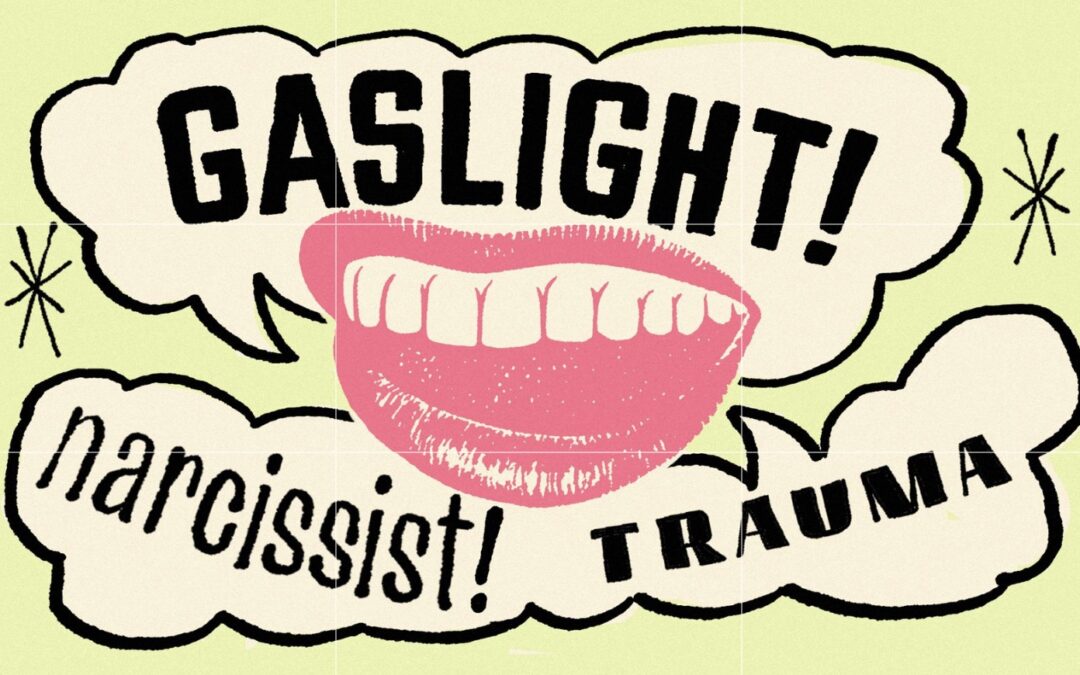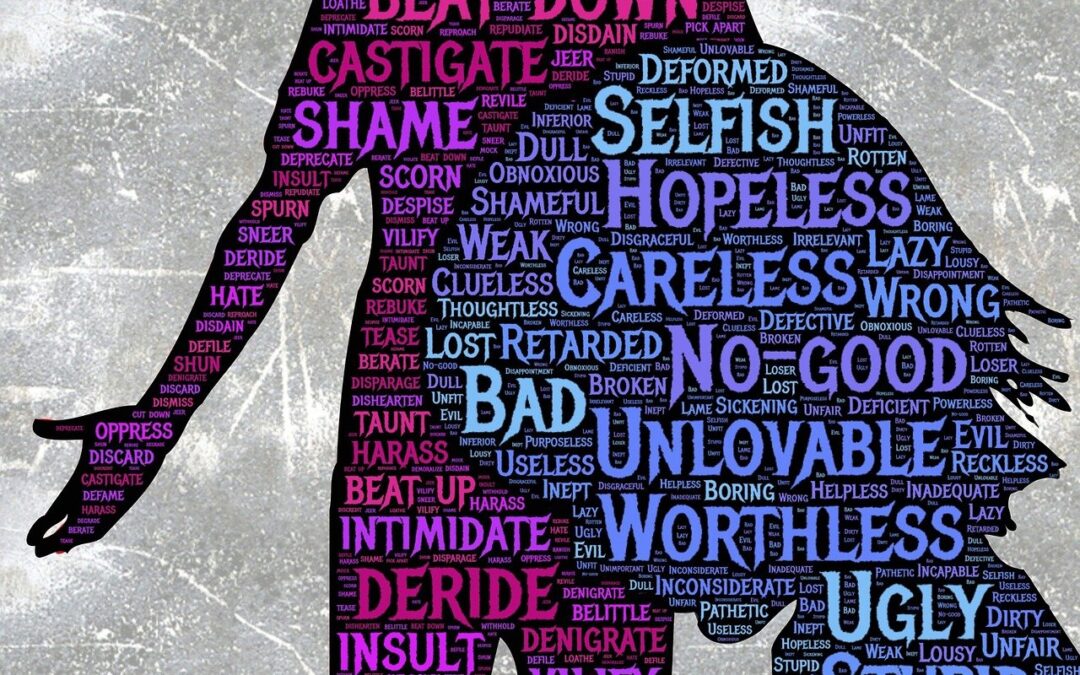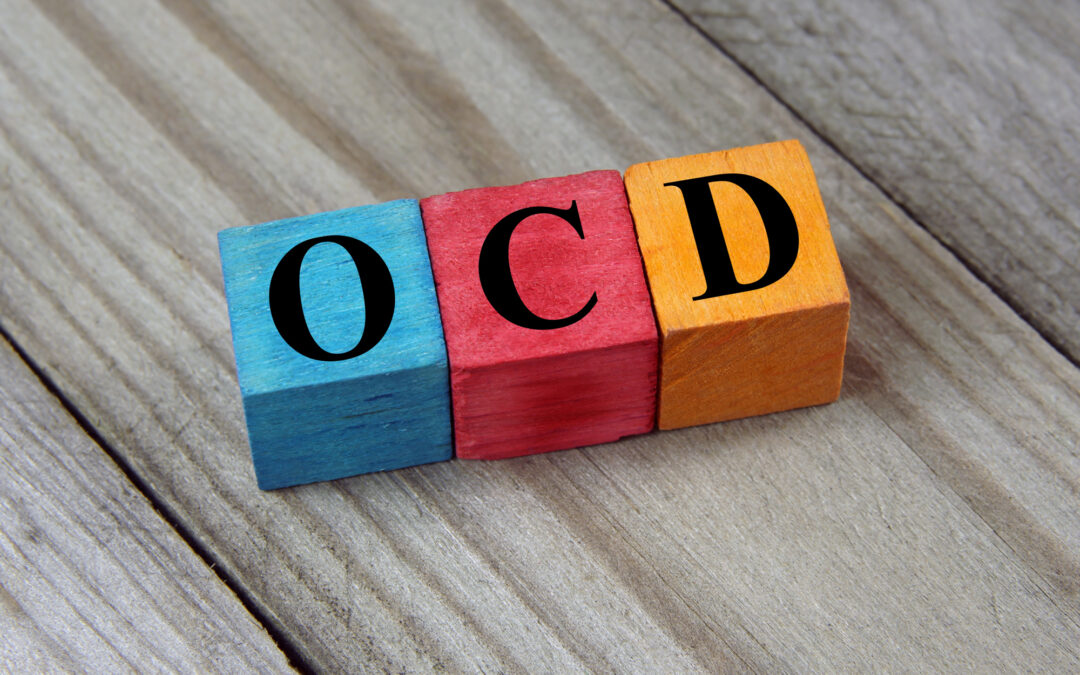In Florida, mental health counselors can be Graduate Interns, Registered Interns (RMHCI or RCSWI), or fully Licensed (LMHC, LMFT or LCSW). Are you confused by all these letters and titles? How do you know what to look for in a counselor?
Let’s take a look at what these different letters mean, and the pros and cons of pre- and post-licensed counselors.
Pre-Licensed:
RMHCI = Registered Mental Health Counselor Intern
RCSWI = Registered Clinical Social Work Intern
Licensed:
LMHC = Licensed Mental Health Counselor
LMFT = Licensed Marriage and Family Therapist
LCSW = Licensed Clinical Social Worker
What goes into being a Licensed therapist in Florida?
- A Master’s degree from an accredited program in mental health counseling, social work, or closely related field with at least 60 semester hours or 80 quarter hours and specified coursework. (This includes the practicum experience of gathering 700 – 1,000 supervised clinical hours, a portion of which must be direct client service hours.)
- At least 2 full-time years of Post-Master’s supervised experience including client facing hours with at least 1 hour of clinical supervision every two weeks.
- Completing state mandated courses, including (in Florida) an 8-hour Laws and Rules course, an HIV/AIDs course, and a Domestic Violence course from board approved providers.
- Passing the National Clinical Mental Health Counseling Examination (NCMHCE) or Association of Social Work Boards Examination (ASWB).
- Maintaining the license by completing a minimum of 30 hours of approved continuing education every 2 years.
Does more experience mean better care?
Not necessarily! While having more experience can help, it doesn’t guarantee that your therapist stays up to date on the current literature or maintains the same energy and enthusiasm they came into the field with.
In fact, there are strong benefits in seeing an Interning counselor! While interning, Pre-Licensed therapists (Registered Interns) receive a ton of support and input from supervisors and colleagues. They’re exposed to multiple ideas and perspectives – something a licensed clinician may be missing. For you, this means you’re getting the expertise of many instead of just one.
New clinicians explore and shape their therapy modalities, approach clients with fresh eyes, and continually learn new approaches.
What are some additional benefits to Pre-Licensure therapists?
Affordability, the most recent evidence-based treatment, flexibility, and privacy!
Pre-Licensed therapists are up on the latest research, and can tailor this to your individual needs.
Most Pre-Licensed counselors and Graduate Interns offer reduced fees and/or offer sliding scale to help accommodate not being able to panel with insurance!
Research and changes in clinical literature move fast. While in Graduate programs, these new clinicians are exposed to the latest information in the field. While it’s ethically mandated that all clinicians keep up with the evolving literature as they maintain their licenses, graduate students are fully immersed in the new and evolving research. Budding clinicians are hungry for learning, and enthusiastic and creative in seeing what works with their clients! This fresh training and perspectives brings high energy into the counseling space.
And did you know that about 30% of counseling outcomes are determined by the therapeutic relationship? (Fernandez et al,. 2016; Debuis et al., 2013) In other words, the success of your therapy depends in large part on how you connect with your counselor! When working with teens and young adults, this is where Pre-Licensed Graduate Interns truly shine, as they are more likely to create bonds and be able to connect over current culture with them.
Finally, as Pre-Licensed counselors can’t take insurance, the steering clear of insurance in the therapy room benefits you and your privacy. Insurance companies require a written diagnosis, and this becomes part of your permanent clinical record. No insurance = no diagnosis included in your formal medical record.
When do you need a Licensed Therapist?
Needing a Licensed Therapist comes down to 2 primary things: insurance, and expertise in a specific therapeutic modality. Since most Pre-Licensed therapists can’t yet take insurance, if you absolutely need to use your insurance benefits, you’ll want to seek treatment with a licensed counselor who takes insurance.
And if you’re seeking a niche specialty with a highly specialized therapist, you might also prefer a Licensed Therapist. For example, Certified Sex Therapists, Gottman trained couples’ therapists, EMDR therapists, IFS therapists, and so on – all these specialities require significant post-licensure training. (Check to make sure your chosen therapist has had recent and ongoing continued education in their stated area of expertise.)
TLDR:
Registered Pre-Licensed Interns can be a great choice because:
- Fresh to the field; flexible, enthusiastic, and up to date on current literature
- Receive more support and have more readily available access to other perspective
- Affordability: sliding scale/reduced fees compared to Licensed providers
- Your privacy protected by not using insurance
- More relatable for younger clients, creating better therapeutic outcomes
Whatever your needs might be, there is a great counselor ready to meet you where you are at and help you live a more fulfilling and peaceful life!
At Wolcott Counseling & Wellness we have several therapists to choose from. Licensed and Pre-Licensed, we all share the commitment to exquisite care and excellent outcomes for you. Contact us via our website, www.wolcottcounseling.com, or request an appointment at 352-363-1998. We look forward to serving you!
References:
DeRubeis, R. J., Gelfand, L. A., German, R. E., Fournier, J. C., & Forand, N. R. (2013). Understanding processes of change: How some patients reveal more than others—and some groups of therapists less—about what matters in psychotherapy. Psychotherapy Research, 24(3), 419–428. https://doi.org/10.1080/10503307.2013.838654
Fernandez, O. M., Krause, M., & Pérez, J. C. (2016). Therapeutic alliance in the initial phase of psychotherapy with adolescents: different perspectives and their association with therapeutic outcomes. Research in Psychotherapy: Psychopathology, Process and Outcome, 19(1). https://doi.org/10.4081/ripppo.2016.180
Written by Jenny Banks M.Ed. Ed.S. RMHCI












